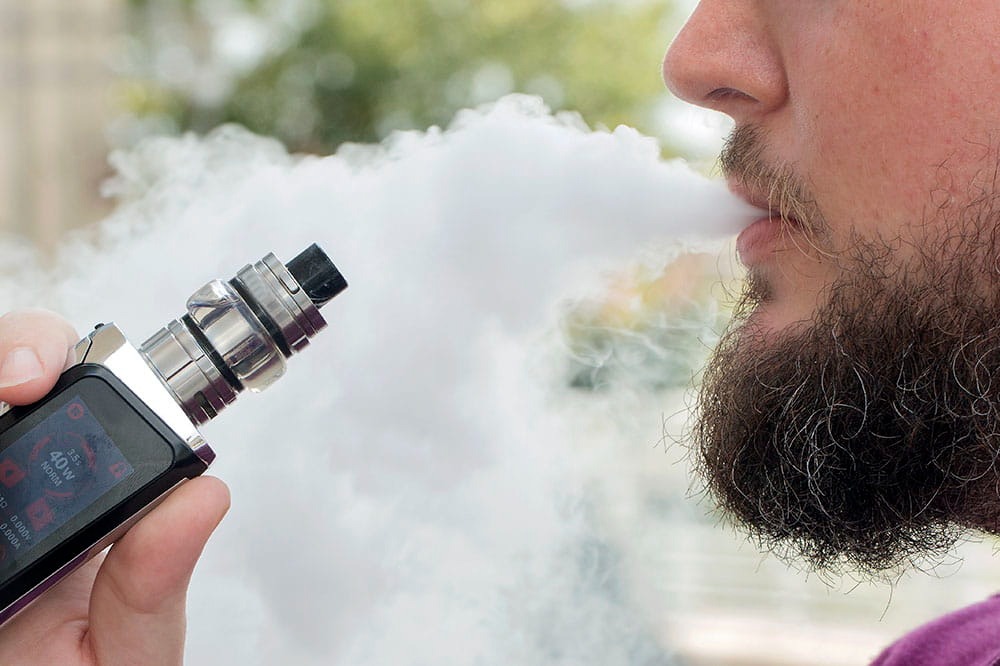
Understanding SIRVA Injuries
What is a SIRVA Injury?
SIRVA, which stands for Shoulder Injury Related to Vaccine Administration, refers to a condition characterized by shoulder pain resulting from improper vaccine injection techniques. Historically associated with vaccinations, this injury arises when the vaccine is not administered correctly in the deltoid muscle, leading to an inflammatory response or damage to surrounding structures, including muscles, tendons, and nerves. The unfortunate reality is that these injuries can occur during routine vaccinations, including flu shots and COVID-19 vaccines, and they can have long-lasting effects on an individual’s quality of life.
Common Causes of SIRVA Injuries
Several factors can contribute to the occurrence of SIRVA injuries. These include:
- Improper Injection Technique: A shallow or deep injection can result in an injury if the needle pierces the muscle or nerves incorrectly.
- Incorrect Needle Size: Using a needle that is too long or too short can lead to complications, impacting the distribution of the vaccine.
- Anatomical Variations: Some individuals may have anatomical differences in their shoulder structure that make them more susceptible to injury when receiving injections.
- Overuse: Patients who regularly receive injections may develop shoulder pain due to accumulating trauma over time.
Symptoms to Look Out For
The symptoms of SIRVA can vary, but common indicators include:
- Pain: Localized pain in the shoulder that may radiate down the arm.
- Reduced Range of Motion: Difficulty moving the shoulder, particularly with lifting or reaching.
- Swelling: Inflammation in the shoulder joint, which may be accompanied by warmth or tenderness.
- Weakness: A diminished ability to perform tasks that require shoulder strength.
The Role of SIRVA Injury Attorneys
Why You Need a SIRVA Injury Attorney
If you have sustained a SIRVA injury due to a vaccination, enlisting the help of SIRVA injury attorneys can be crucial for several reasons. They have the expertise to navigate the complex legal landscape surrounding vaccine injuries, allowing you to focus on recovery rather than battling bureaucratic challenges. Additionally, an attorney can help you understand your rights, potential compensation options, and ensure that your case is presented effectively to the courts or insurance companies.
How SIRVA Injury Attorneys Can Assist You
Once you engage a SIRVA injury attorney, they will typically undertake several key actions to support your case:
- Case Evaluation: Evaluating the details of your injury, including gathering medical records and vaccination history.
- Filing Claims: Navigating the process of filing claims with the appropriate health and legal authorities.
- Negotiation: Negotiating settlements with insurance companies to ensure that you receive adequate compensation for your suffering and losses.
- Legal Representation: Providing representation in court if necessary, ensuring that your case is presented with the utmost professionalism and thoroughness.
Choosing the Right Attorney for Your Case
Selecting an attorney who specializes in SIRVA cases is essential for your case’s success. Look for the following qualities:
- Experience: Prior experience in handling vaccine-related injuries is crucial, as these cases often involve distinct legal principles.
- Success Rate: A proven track record of successful settlements or court victories can indicate competence and reliability.
- Client Testimonials: Positive reviews from previous clients can provide insights into the attorney’s professionalism and dedication.
- Communication Skills: Look for someone who communicates effectively, empathizing with your situation while also explaining legal jargon in a way that you can understand.
Navigating the Legal Process
Filing a Claim for a SIRVA Injury
The process of filing a claim for a SIRVA injury involves several steps. Initially, you need to compile documentation that supports your case, including medical records and any evidence that illustrates the injury’s impact on your life. Once this information is organized, your attorney will assist you in drafting and submitting the claim to the relevant authorities, often within the timeframe stipulated by local laws.
What to Expect During the Litigation Process
The litigation process can be daunting. After filing your claim, various legal proceedings may occur, such as:
- Discovery: Both parties exchange evidence and information pertaining to the case.
- Depositions: Witnesses may be questioned under oath to gather testimony.
- Pre-Trial Motions: Either party can file motions to exclude certain evidence or dismiss the case altogether.
- Trial: If the case goes to trial, it will be presented to a judge or jury to decide the outcome.
Common Challenges in SIRVA Cases
Various challenges may arise during SIRVA cases, including:
- Proving Fault: Establishing that the vaccine was improperly administered is often difficult, especially when healthcare providers maintain their adherence to standard procedures.
- Gathering Evidence: Collecting adequate and convincing evidence can be time-consuming and may require extensive medical documentation.
- Insurance Resistance: Insurance companies may be reluctant to approve compensation for vaccine-related injuries, complicating the negotiation process.
Settlements and Compensation
Typical Compensation for SIRVA Injuries
The compensation for a SIRVA injury can vary based on several factors. Typically, victims of these injuries may be entitled to compensation for:
- Medical Expenses: This includes costs related to doctor visits, physical therapy, and any necessary surgical procedures.
- Lost Wages: If the injury prevents the victim from working, compensation may be calculated based on the lost income during recovery.
- Pain and Suffering: Emotional distress and a diminished quality of life can also be taken into account when calculating total compensation.
Factors Influencing Settlement Amounts
Several factors influence the settlement amounts in SIRVA cases, including:
- Severity of the Injury: More severe injuries that significantly impair daily functioning often result in higher compensation.
- Degree of Negligence: If clear negligence can be demonstrated, this can increase the likelihood of a substantial settlement.
- Jurisdiction: Different locations may have varying laws and precedents, which can impact damage amounts awarded in a settlement.
Negotiating Your Settlement with Insurance
Negotiating a settlement can be a complex process. Here are some best practices:
- Documentation: Provide thorough documentation of your medical expenses and impacts on your daily life.
- Realistic Expectations: Have a realistic idea of what compensation is appropriate based on industry standards.
- Be Prepared to Counter: If the insurer’s initial offer is lower than expected, be prepared to present a counteroffer supported by evidence.
Best Practices Post-Injury
Documenting Your Injury and Medical Treatment
Keeping detailed documentation of your SIRVA injury is essential. Ensure you maintain records of:
- Your vaccination history, including dates and types of vaccines administered.
- Medical records detailing visits, treatments, and any referrals to specialists.
- Records of how the injury has affected your daily life, including lost wages or diminished capacity to perform daily activities.
Staying Informed on Your Rights
Understanding your rights as a patient is critical. Familiarize yourself with laws concerning vaccine administration and patient rights in your jurisdiction. This knowledge can empower you to take appropriate actions and seek compensation if necessary.
Preparing for a Potential Trial
If your case proceeds to trial, working closely with your attorney is crucial. Some preparation steps may include:
- Court Proceedings Understanding: Review court procedures so you know what to expect during your trial.
- Mock Trials: Participating in mock trials can help you feel more comfortable speaking in court.
- Witness Preparation: Ensure any witnesses or medical professionals who may testify are well-prepared and informed about your situation.





